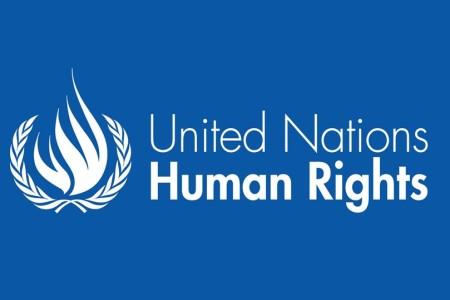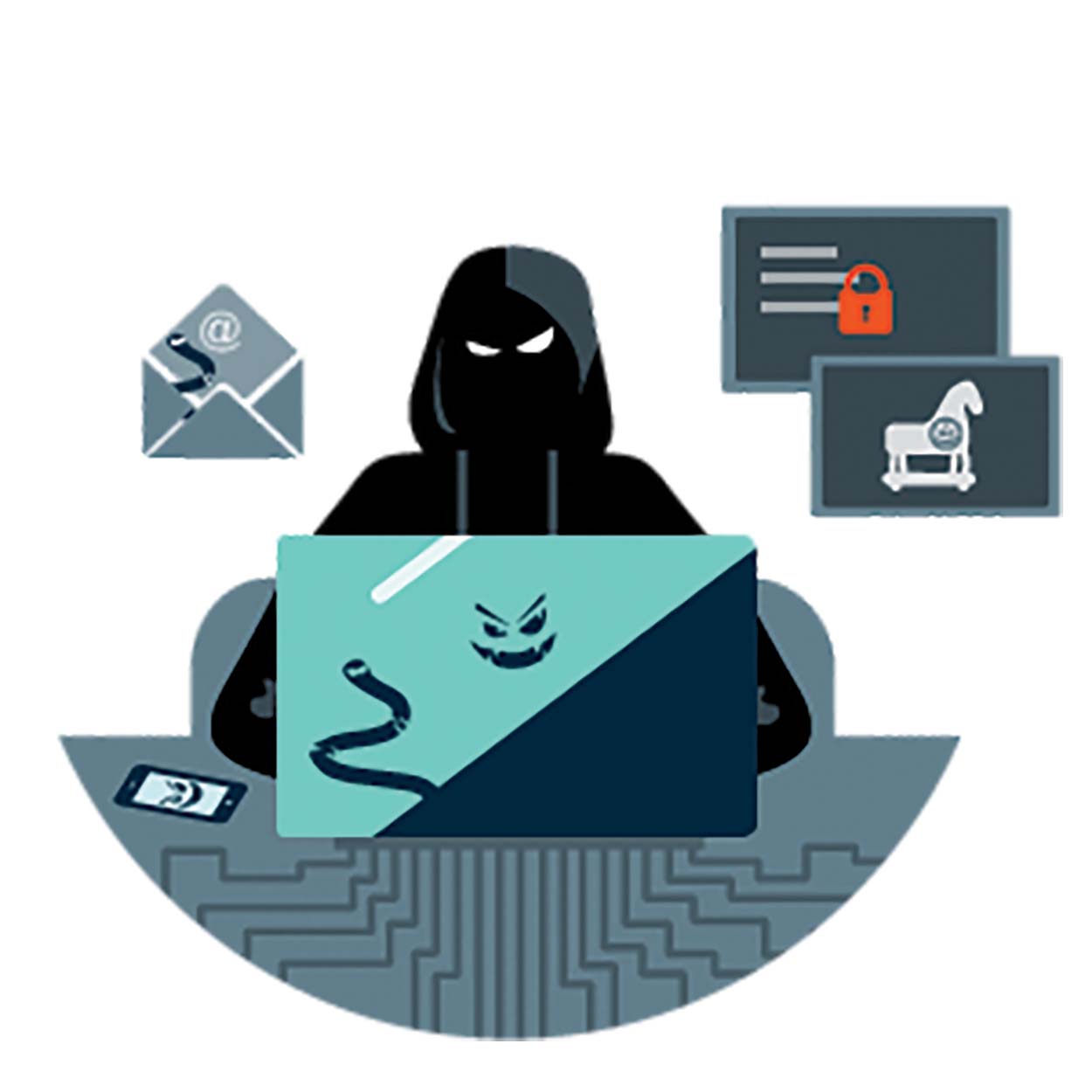Mohloai Mpesi
August 03, 2022
Maseru
United Nations is sensitising civil society organisations about challenges surrounding human rights in the build-up to elections in Maseru in a workshop which began yesterday.
The workshop is probing among others, activities on pre-electoral process, electoral phase and pose-electoral phase where in particular; freedom of opinion and expression, freedom from discrimination, physical integrity and non-intimidation are at the fore-front of the discussion.
Human Rights and Democracy Advisor, Hernà n Vales from the United Nations said people have to be free and not feel in away threatened in making their own preferred choice and casting their votes as they see fit.
He indicated that in order for scales to be level in all arenas, government has to ensure full inclusivity for everyone to enjoy access to information including people with disabilities in the pre-electoral process in order for them to participate in the process which includes, inter alia; attendance to rallies to have full discretion on who to elect at the election polls.
“Most disabled people rely on their families and friends to take them to voting polls and or rallies,†he said.
It was in the same workshop where Peace and Development Expert Dr Khabele Matlosa pointed at the dangers and risks that can turn election into an arena for strife placing national peace and stability on the brink through such practices as media coverage and reporting that is partisan as well as vote buying by politicians.
He indicated that media can be a very dangerous tool if not managed well in times such as elections, as recounted incidences such as the genocide story of Rwanda in the early 1990s where over a million people had died in a tribal war which was inter alia, exacerbated by partisan media reportage.
“Vote buying also remains a major threat that could tarnish the integrity on the 2022 general elections. I remember certain politicians who spent around M500 000 to lure people’s votes during the previous elections, giving each M400,†he said.
On the other hand, the United Nations Human Rights Advisor, Michael Ngabirano highlighted that the essence of the training was to equip NGOs with skills to identify early warning signs of possible triggers of violence, and undertake human rights monitoring in the context of elections applying the highest methodological standards developed by the UN Office of the High Commissioner for Human Rights (OHCHR).
He said Civil-Society has an important role to play to ensure that human rights are enjoyed and protected in electoral contexts, by monitoring human rights and ringing the alarm in cases of irregularities and increase the protection of human rights during elections; thus contributing to the holding of genuine elections, preventing and mitigating electoral violence.
“Early warning is imperative to call attention to the risk of deteriorating human rights and inform planning of prevention, preparedness and response actions,†he said adding that it is also intended to identify marginalised groups left behind, to understand and recognise the root causes and structural drivers of crises and conflicts as well as assessing the motivations of actors.
Summary
- It was in the same workshop where Peace and Development Expert Dr Khabele Matlosa pointed at the dangers and risks that can turn election into an arena for strife placing national peace and stability on the brink through such practices as media coverage and reporting that is partisan as well as vote buying by politicians.
- The United Nations Human Rights Advisor, Michael Ngabirano highlighted that the essence of the training was to equip NGOs with skills to identify early warning signs of possible triggers of violence, and undertake human rights monitoring in the context of elections applying the highest methodological standards developed by the UN Office of the High Commissioner for Human Rights (OHCHR).
- “Early warning is imperative to call attention to the risk of deteriorating human rights and inform planning of prevention, preparedness and response actions,†he said adding that it is also intended to identify marginalised groups left behind, to understand and recognise the root causes and structural drivers of crises and conflicts as well as assessing the motivations of actors.

Your Trusted Source for News and Insights in Lesotho!
At Newsday Media, we are passionate about delivering accurate, timely, and engaging news and multimedia content to our diverse audience. Founded with the vision of revolutionizing the media landscape in Lesotho, we have grown into a leading hybrid media company that blends traditional journalism with innovative digital platforms.








